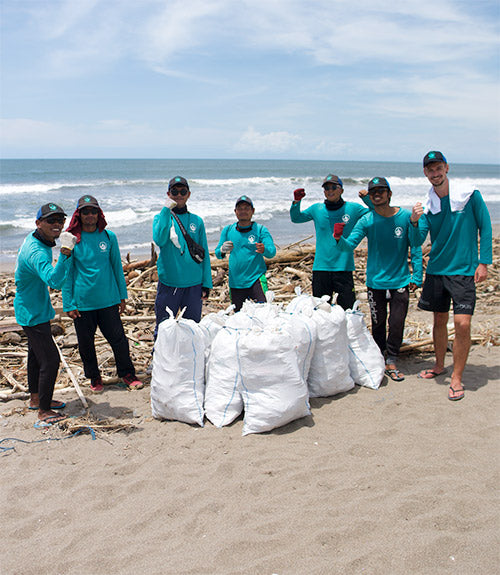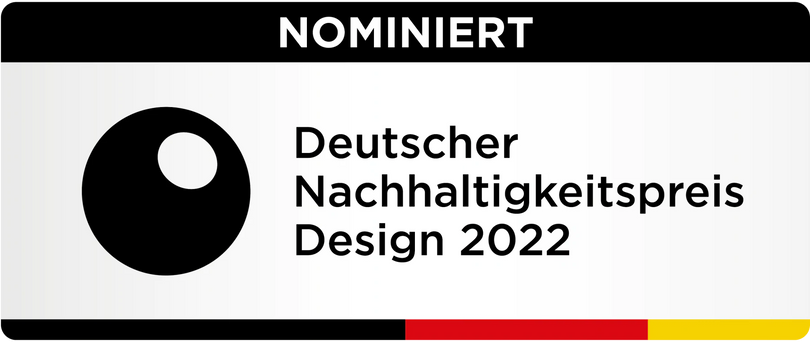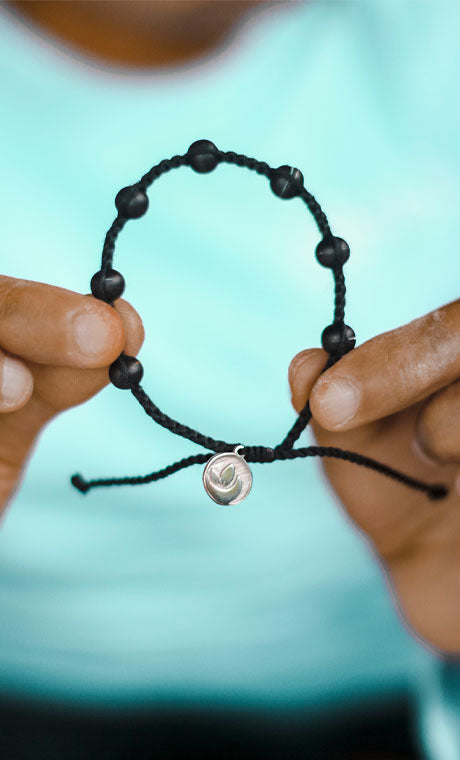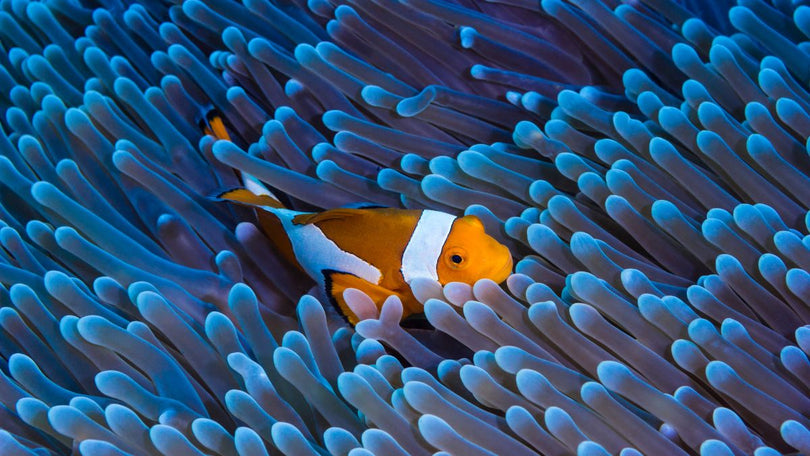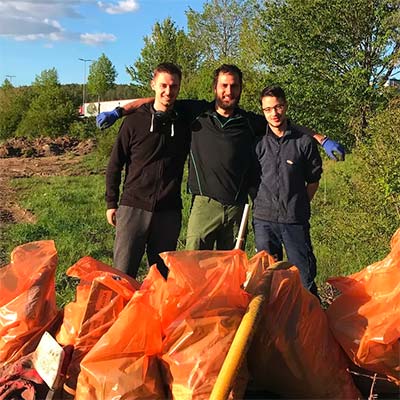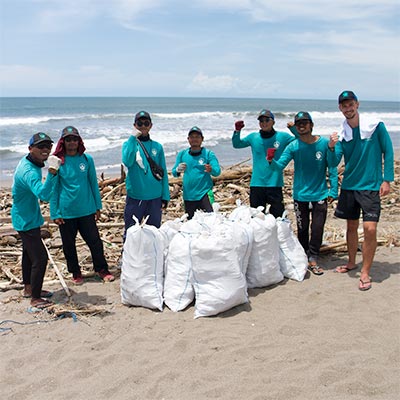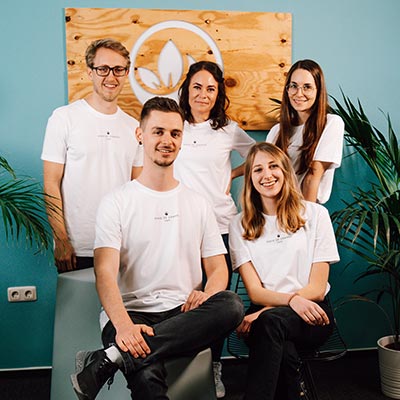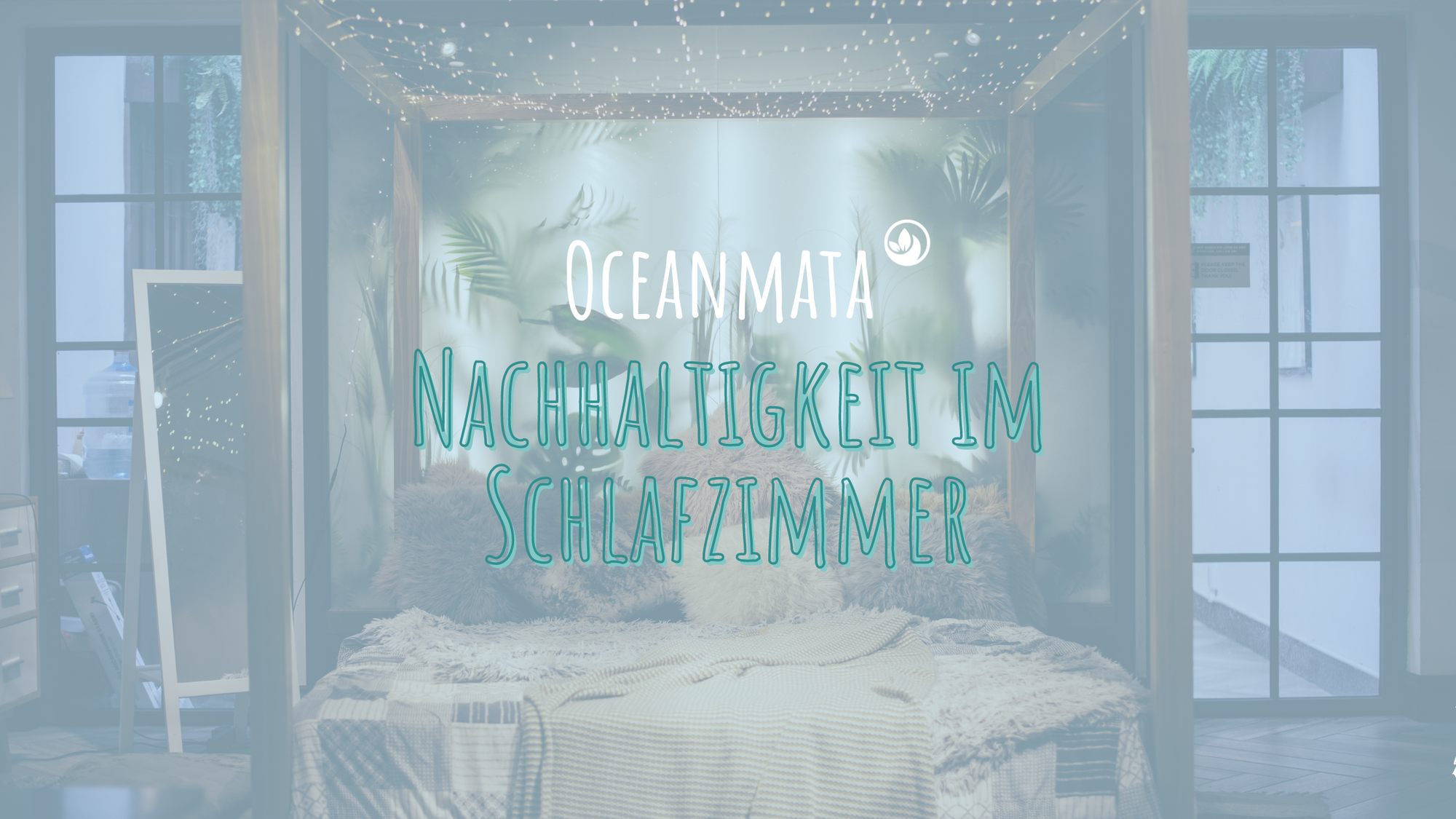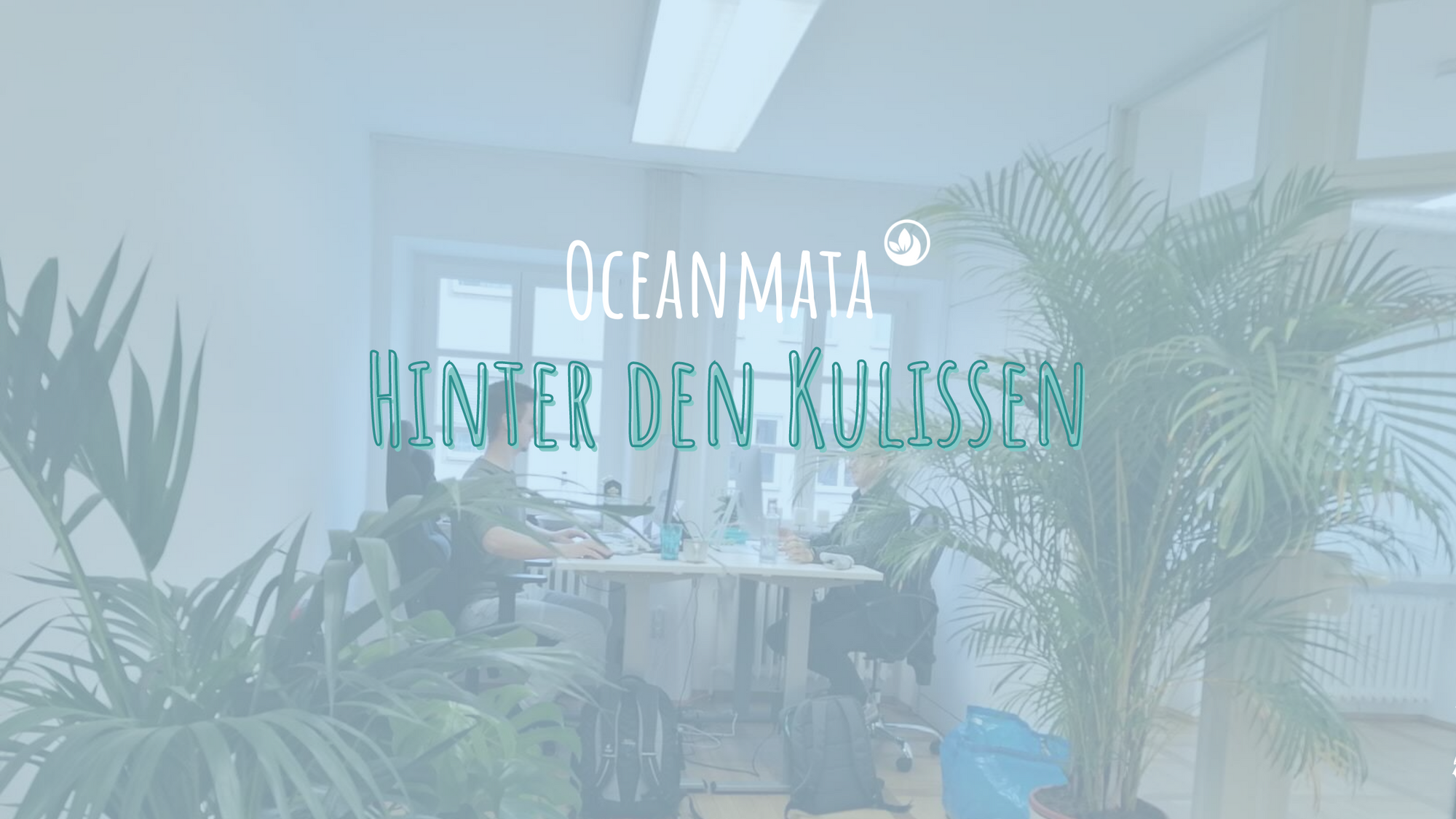Do you know the saying “ no news is good news”? We think it is important that we are not only bombarded with the latest horror stories of murder, manslaughter and negative events every day, but also with so-called " good news" noticed.
Perhaps you have already noticed it – you get information about current events from the media (intentionally or unintentionally), and with every line you read, your mood sinks. You start to suspect that only bad things are happening in the world. happened.
But can that really be true? Are there no good news ? Where is the good news on the topic Environment, environmental protection and pollution ?
That's exactly what we want to provide you with today, because we think we hear this kind of news far too rarely. Spread the love!
Good news only

The EU is a major producer of Plastic waste . So what happens to the waste? Exactly, it is simply shipped abroad - out of sight, out of mind, at the expense of the environment. Recycling cycle? None. The horrifying images of the mountains of garbage from countries like Malaysia, Vietnam or China These are not solely the product of the respective countries' own efforts; the EU also bears some of the blame. 1.5 million tons were exported this way in 2019.
So much for the bad news, in case you didn't already know.
But since today it is about good news If it's supposed to go, they'll follow immediately! Since January of this year, there have been regulations that put a stop to this madness.
⊗ Completely Forbidden The export of unsorted plastic waste to third countries has been banned! Sorted waste may now only be exported under strict conditions and regular inspections. This allows it to be further processed in the countries concerned according to the respective standards.

Europe's steadily progressing phase-out of energy production from coal, nuclear power, and mineral oil is being viewed with skepticism, as energy must, after all, come from elsewhere instead—and at the same rate as before. "Is that even possible?" many have asked.
It has recently become clear: we are on the right track!
For the first time, the EU in 2020 more electricity is generated from alternative sources than from fossil fuels.
Wind and solar power, in particular, are at the forefront. Denmark leads the EU in terms of energy production, followed by Ireland, and Germany in third place. Coal-fired power plants now only supply 13% of European electricity.

As you know, we are also interested in Protection of turtles very close to our hearts, which is why this headline hit us right in the heart (in a positive sense, of course).
Actually, it was already hopeless - the Yangtze giant softshell turtle was already considered extinct when 2019 the last known Female died . The last known male specimen lives in China in a zoo, only without a female present - no reproduction.
The sensational news came from Vietnam at the end of 2020 : a previously undiscovered female specimen lives in a lake there! So there's hope again for the Yangtze giant softshell turtle species, which was thought to be lost.

The bee population is shrinking - in the long term, with devastating consequences for the entire environment and also for us humans.
The Austrian Start-up with the name hectares of nectar is dedicated to the little buzzing creatures and is committed to preserving the bee population in Austria and Germany. And with success!
Last year, this meant good news not only for the environment but also for the bees, as the number of bees was increased by about 12 million Since the young company was founded, the number of animals has even increased by 25 million grown.
The company plans to continue its growth at the same pace in 2021, as its ambitious goal is 50 million bees. We say TOI TOI TOI!

You've probably noticed these strange, round, brown things on the beach during your vacation in the past, right? These are so-called Sea balls, also called Neptune balls.
They are formed Seaweed remains which are torn off in the sea by the movement of the water and then become matted together by the current.
According to the latest research, these sea balls could now be helpful in to rid the sea of plastic - because Spanish research teams in Mallorca have now discovered that plastic waste which collects in the sea in the seagrass meadows is then automatically transported back to the mainland by the balls.
In Up to 1,470 pieces of plastic and microplastics were found in 1 kg of sea balls . The environment seems to be helping itself to some extent in this case.
Would you like to receive regular good news from the environment? Then let us know in the comments!



